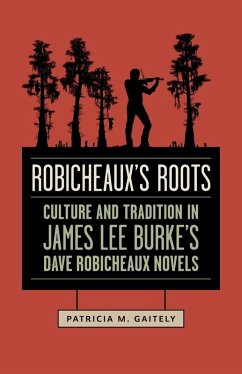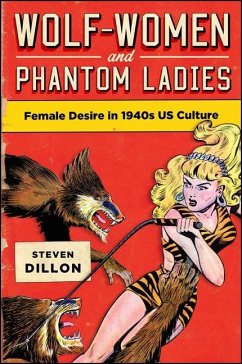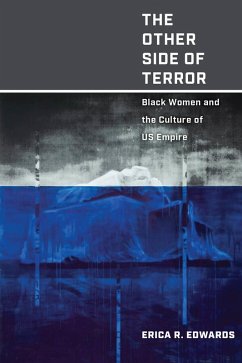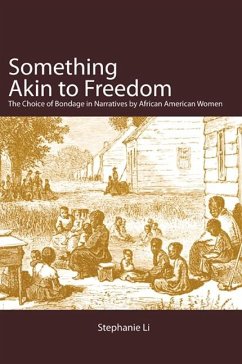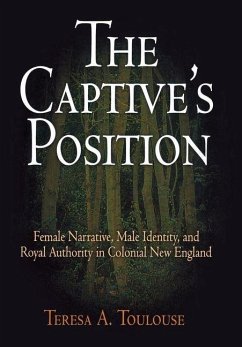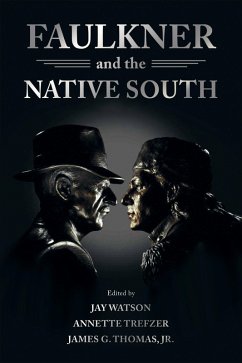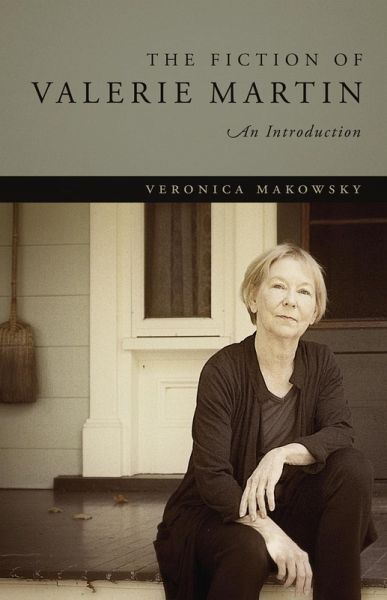
The Fiction of Valerie Martin (eBook, ePUB)
An Introduction

PAYBACK Punkte
8 °P sammeln!
In the first book-length study of Valerie Martin's fiction, Veronica Makowsky explores the work of this lauded, but often overlooked, contemporary novelist. Winner of the Orange Prize for her novel Property (2003), Martin also won the Kafka Prize for Mary Reilly (1990), which was then translated into sixteen languages and made into a popular film. Despite these successes, her critically acclaimed novels and stories have yet to attain a broad readership. Makowsky addresses this disconnect through a detailed critical study of Martin's distinguished oeuvre, grounding each work in its historical, ...
In the first book-length study of Valerie Martin's fiction, Veronica Makowsky explores the work of this lauded, but often overlooked, contemporary novelist. Winner of the Orange Prize for her novel Property (2003), Martin also won the Kafka Prize for Mary Reilly (1990), which was then translated into sixteen languages and made into a popular film. Despite these successes, her critically acclaimed novels and stories have yet to attain a broad readership. Makowsky addresses this disconnect through a detailed critical study of Martin's distinguished oeuvre, grounding each work in its historical, cultural, and theoretical contexts. Makowsky begins with a sketch of Martin's life and then considers each of her ten novels and four collections of short stories. Throughout, Makowsky's deft critique reveals Martin to be an astute observer of people and places. Pointing to both early works, like A Recent Martyr (1987), and recent books, such as The Ghost of the Mary Celeste (2014), Makowsky identifies a potent mixture of pleasure and fear in Martin's writing that emphasizes the author's nuanced exploration of human imagination. Notable, too, are Martin's literary techniques -- especially point of view -- and her allusions to masterpieces in Western literature. The works of Henry and William James in particular influenced Martin's thematic blend of intellectualism and empathy evident in her rounded depictions of women in works like Italian Fever (1999) and The Great Divorce (1994). A rich and substantive study, The Fiction of Valerie Martin demonstrates and deconstructs the mastery of this thought-provoking author, in turn firmly establishing Martin's place in the canon of contemporary writers.
Dieser Download kann aus rechtlichen Gründen nur mit Rechnungsadresse in A, D ausgeliefert werden.




